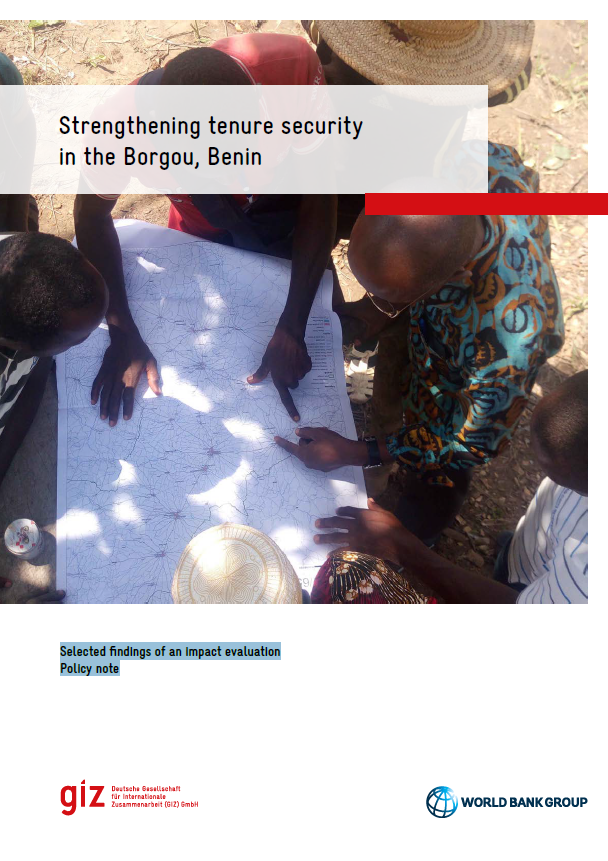LAC: Community Participation for Sustainable Land Governance – Experiences with Indigenous Peoples
Customary and Statutory Land Administration Challenges amidst Climate Change: Grassroot Voices
Revolutionizing Land Administration: Cadaster-First vs Fit-for-Purpose and Property Tax-First
Inclusive and Transparent Land Governance Practices for Land Administration Institutions
Managing Access to Land for Infrastructure
State of Land Information in Sudan
After 30 years of an authoritarian regime, Sudan reached a power-sharing deal between the military and the civilians that brought a transitional government to power in 2019. Their agenda was to lead the country towards a democratic transformation for no more than three years.
State of Land Information in Mozambique
In Mozambique, the law recognizes certain forms of occupation as constituting legal tenure and nationals can claim this recognition of their right to occupy and use land allocated through customary norms/practices. Local communities can also claim rights over land which they have customarily occupied, used, and managed.
Situação da informação fundiária em Moçambique
Em Moçambique, a lei reconhece certas formas de ocupação que constituem posse legal e os(as) cidadãos(ãs) podem reivindicar esse reconhecimento de seu direito de ocupar e usar a terra alocada por meio de normas/práticas costumeiras. As comunidades locais também podem reivindicar direitos sobre a terra que costumam ocupar, usar e administrar.
The Political Economy of Land Reform
This chapter traces the complex trajectory of land tenure reforms in Benin since the democratic transition and liberalisation of the economy in the early 1990s. It shows that conceptions of the problem of land tenure insecurity and the responses to it have often clashed. Attention paid to sectors (rural vs urban) has varied as well as the timing and the nature of land tenure reforms.
Strengthening tenure security in the Borgou, Benin
Increasing investment by smallholders in agriculture and livestock is essential for improving food security, income and resilience to climate change, but can be constrained by tenure insecurity.
The High Court Ruling Against Ingonyama Trust: Implications for South Africa’s Land Governance Policy
This article discusses the implication of the 2021 CASAC v Ingonyama Trust judgment on South Africa’s land governance policy trajectories. It explores the extent to which there are missing links between policy imperatives, the legal system, court processes and socio-economic emancipation.






